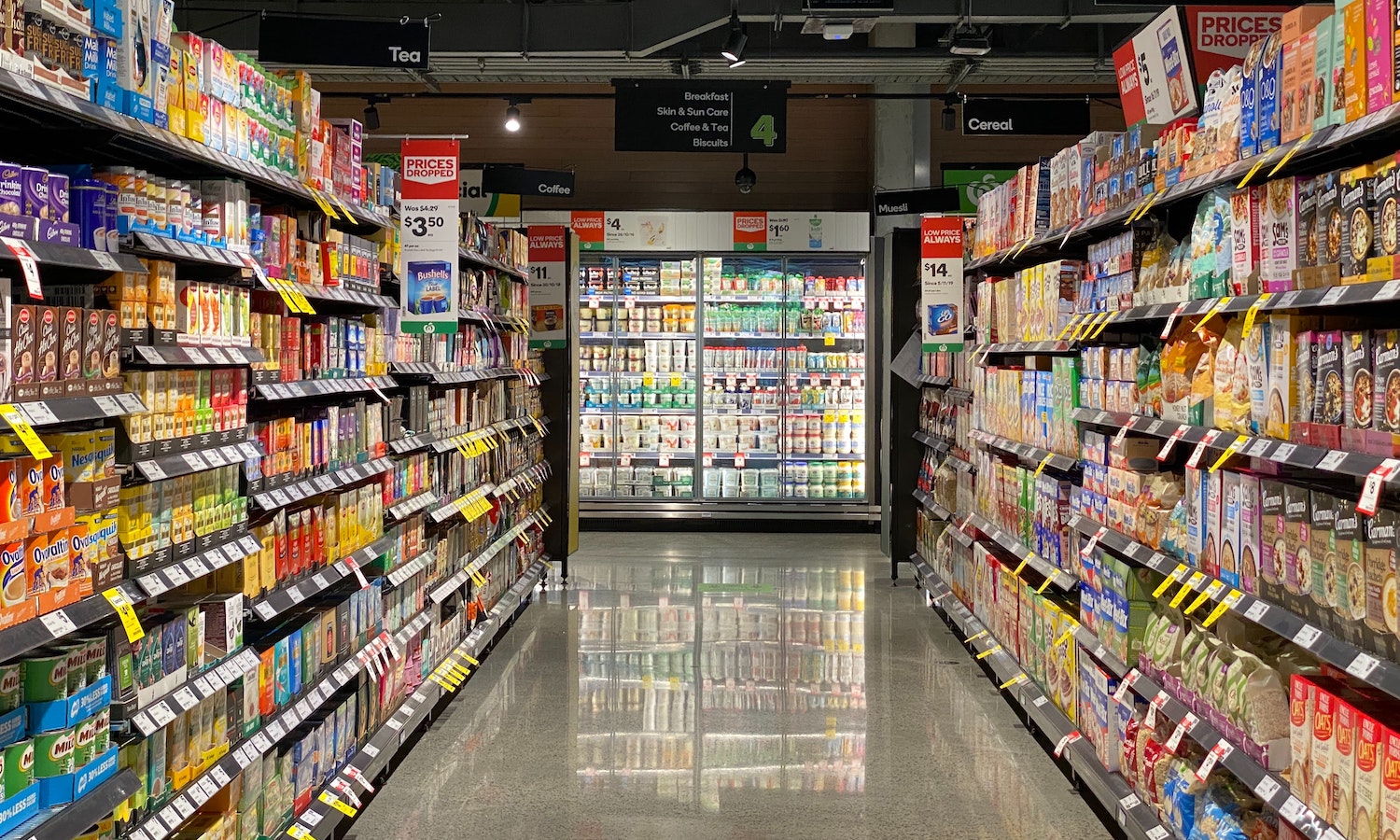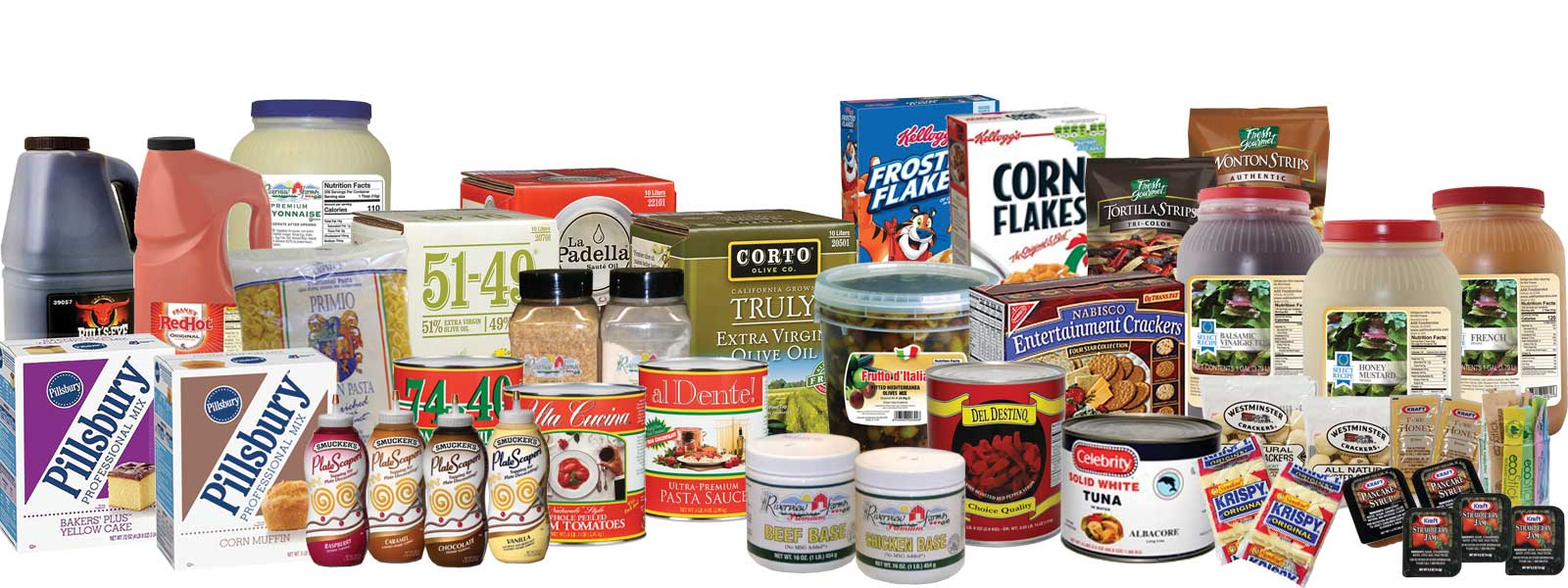The Fast-Moving Consumer Goods (FMCG) industry is a dynamic and highly competitive sector that encompasses a wide range of products, including food and beverages, personal care items, household goods, and more. As the industry continues to evolve, it faces several upcoming challenges that require careful consideration and strategic planning. In this blog post, we will explore the key challenges that the FMCG industry is expected to encounter in the near future and discuss potential strategies to overcome them.
- Evolving Consumer Preferences:
One of the primary challenges in the FMCG industry is the ever-changing consumer preferences. With the rise of health-consciousness, sustainability, and digitalization, consumers are demanding products that align with their values. FMCG companies must adapt to these shifting preferences by investing in research and development, innovation, and marketing strategies that cater to the evolving needs of consumers. This may involve developing healthier product alternatives, adopting sustainable packaging solutions, and leveraging digital platforms for targeted marketing campaigns. - Supply Chain Disruptions:
The FMCG industry heavily relies on efficient and reliable supply chains to ensure the availability of products to consumers. However, disruptions such as natural disasters, political instability, and global pandemics can significantly impact the supply chain, leading to product shortages and delays. To mitigate these challenges, FMCG companies should focus on building resilient supply chains by diversifying sourcing locations, implementing advanced forecasting and inventory management systems, and fostering strong relationships with suppliers and logistics partners. - E-commerce and Digital Transformation:
The rapid growth of e-commerce has revolutionized the way consumers shop for FMCG products. Online platforms offer convenience, competitive pricing, and a wide range of choices, posing a challenge to traditional brick-and-mortar retailers. To stay competitive, FMCG companies must embrace digital transformation by establishing a robust online presence, optimizing their e-commerce platforms, and leveraging data analytics to gain insights into consumer behavior. Additionally, partnerships with e-commerce giants and the adoption of omnichannel strategies can help FMCG companies reach a broader customer base. - Sustainability and Environmental Concerns:
As sustainability becomes a global priority, FMCG companies are under increasing pressure to reduce their environmental footprint. This includes addressing issues such as packaging waste, carbon emissions, and water usage. To tackle these challenges, FMCG companies should invest in sustainable packaging solutions, explore alternative energy sources, implement efficient waste management systems, and communicate their sustainability efforts transparently to consumers. Collaborating with environmental organizations and participating in industry-wide initiatives can also demonstrate a commitment to sustainability. - Changing Regulatory Landscape:
The FMCG industry operates within a complex regulatory environment, with regulations varying across different regions and countries. Staying compliant with evolving regulations, such as food safety standards, labeling requirements, and advertising restrictions, can be challenging. FMCG companies need to closely monitor regulatory changes, invest in robust compliance systems, and maintain open communication channels with regulatory authorities. Engaging in industry associations and actively participating in policy discussions can also help shape favorable regulations.
Conclusion:
The FMCG industry is poised for significant transformations in the coming years. By proactively addressing the challenges of evolving consumer preferences, supply chain disruptions, e-commerce, sustainability, and changing regulations, FMCG companies can position themselves for success. Embracing innovation, investing in research and development, and fostering strategic partnerships will be crucial in navigating the future of the FMCG industry.


